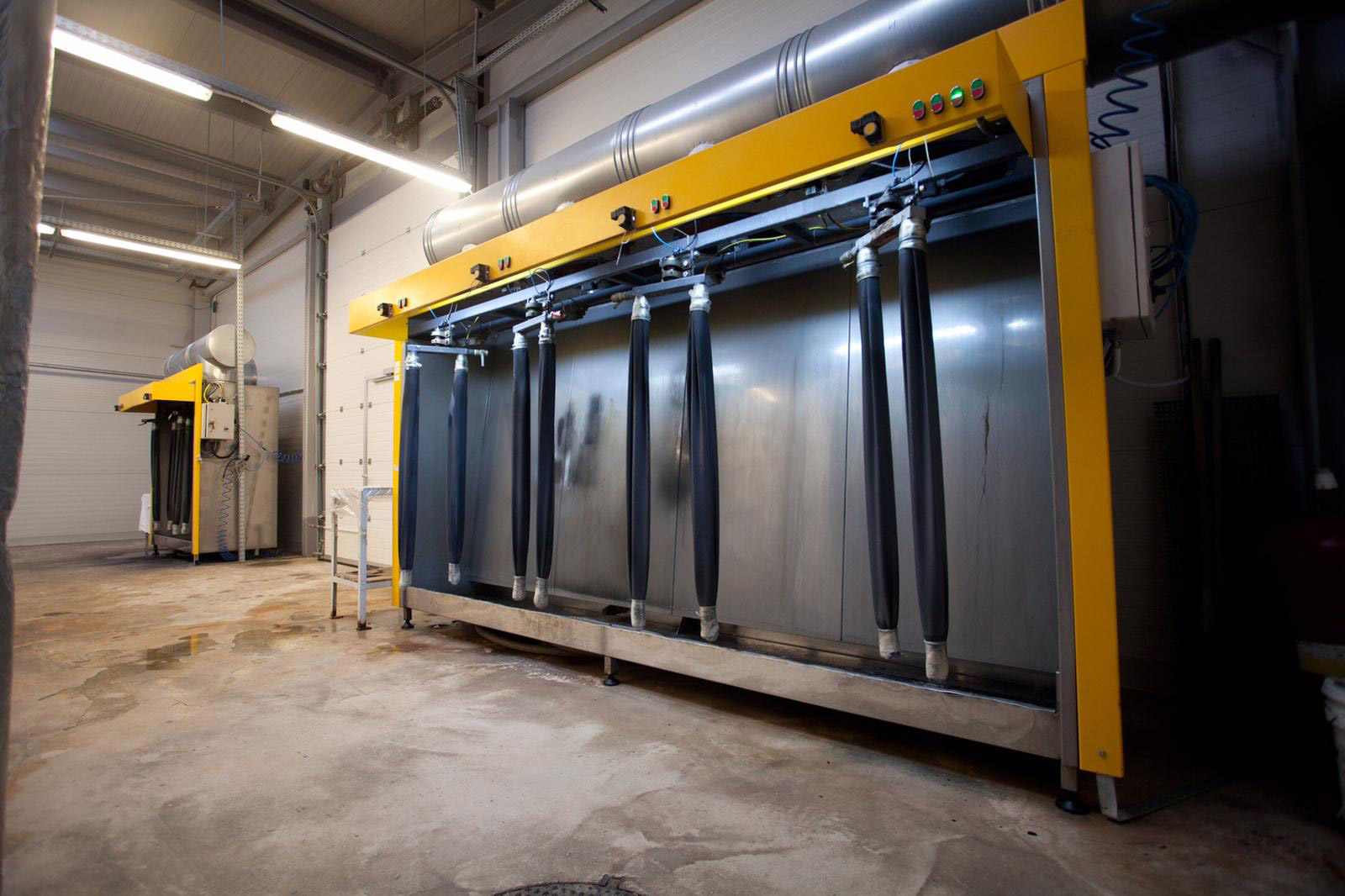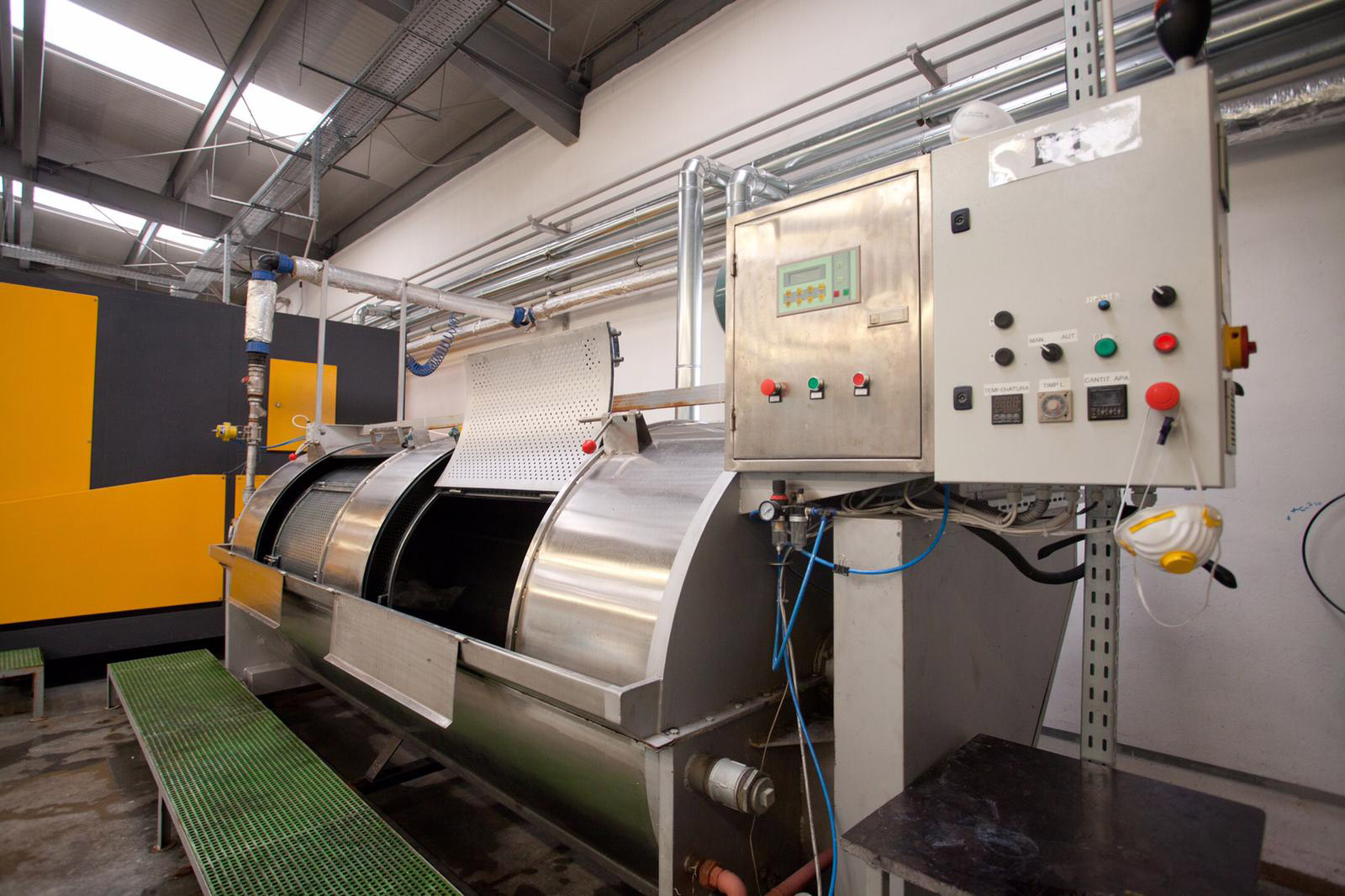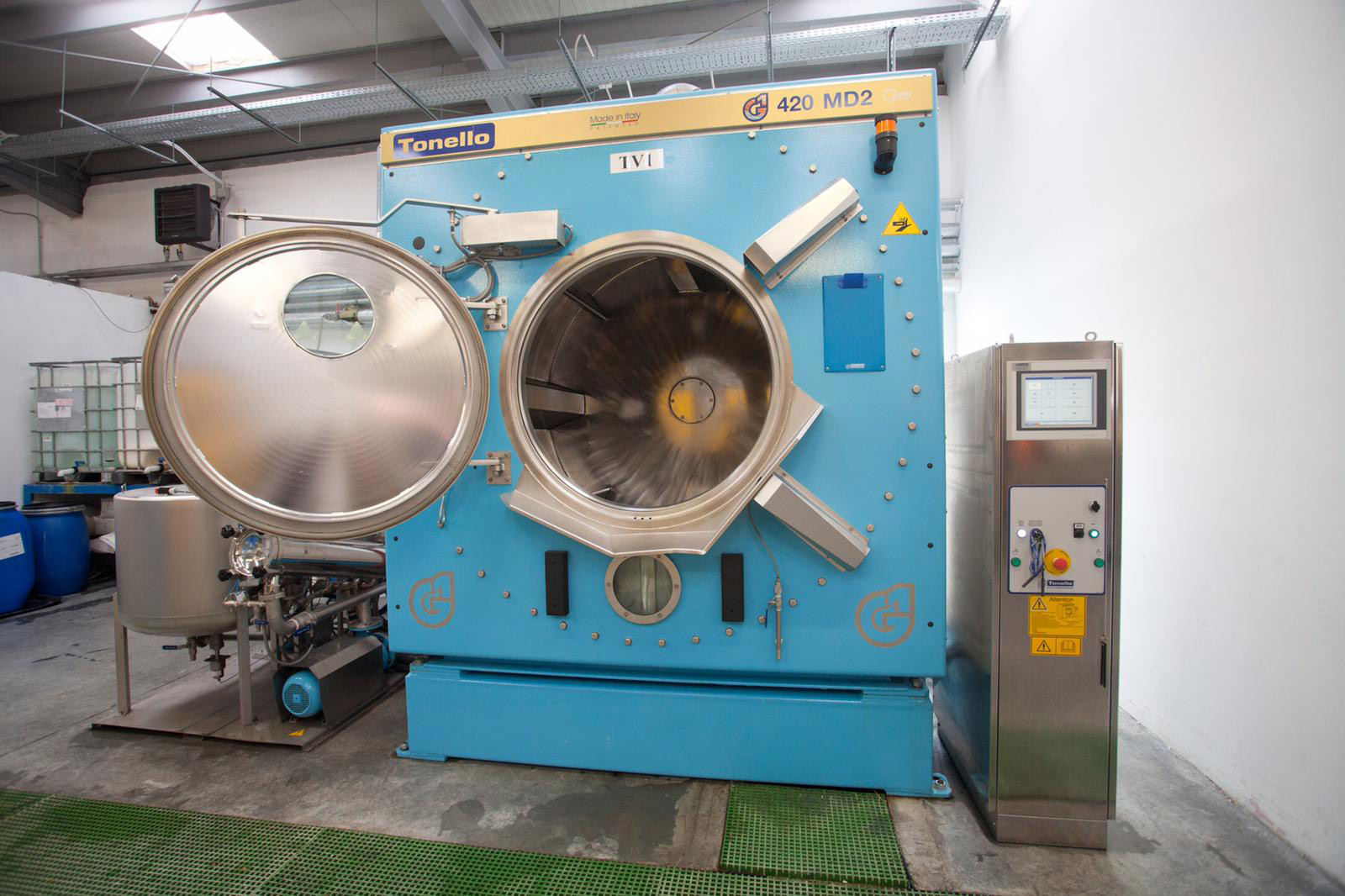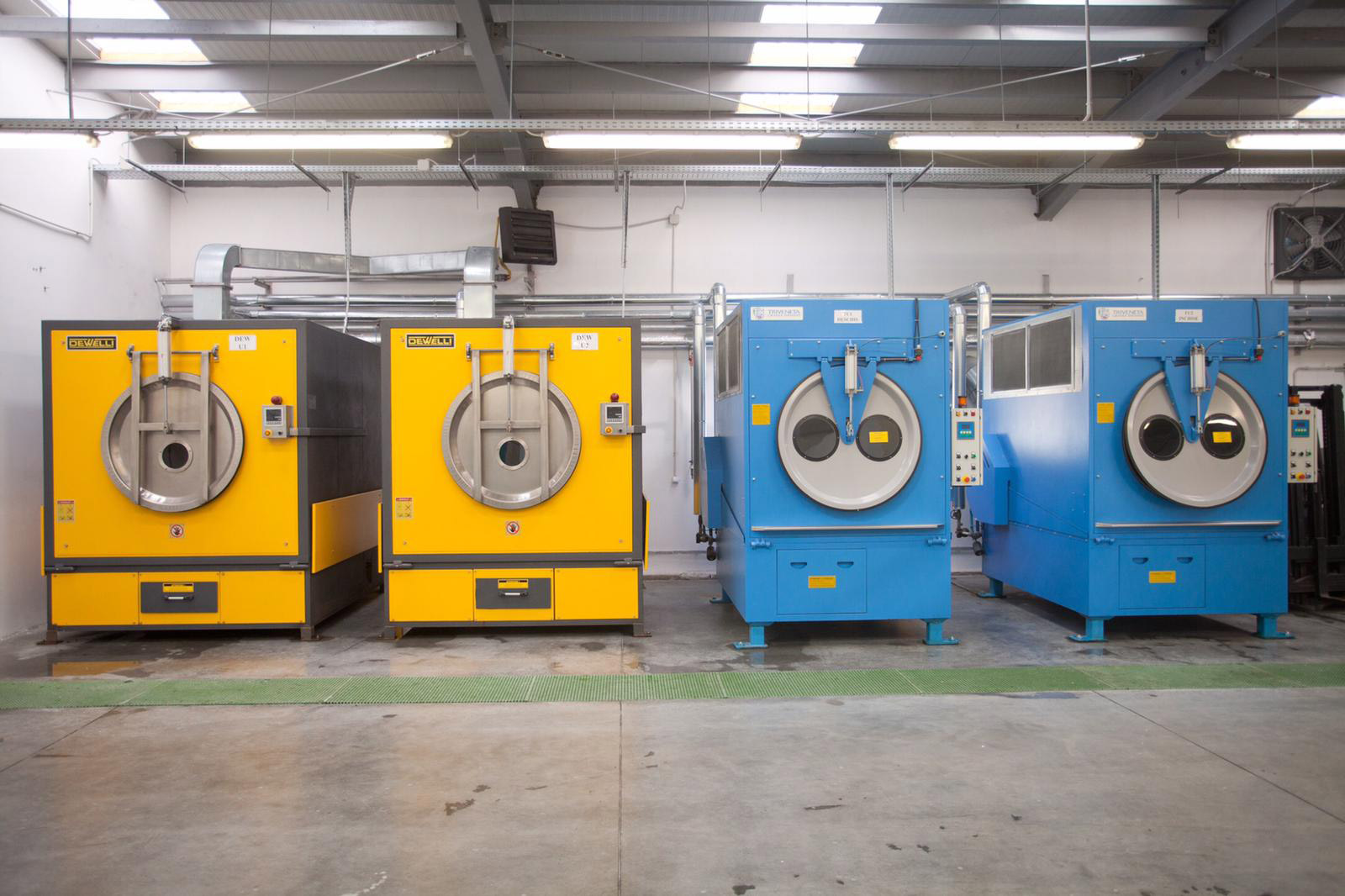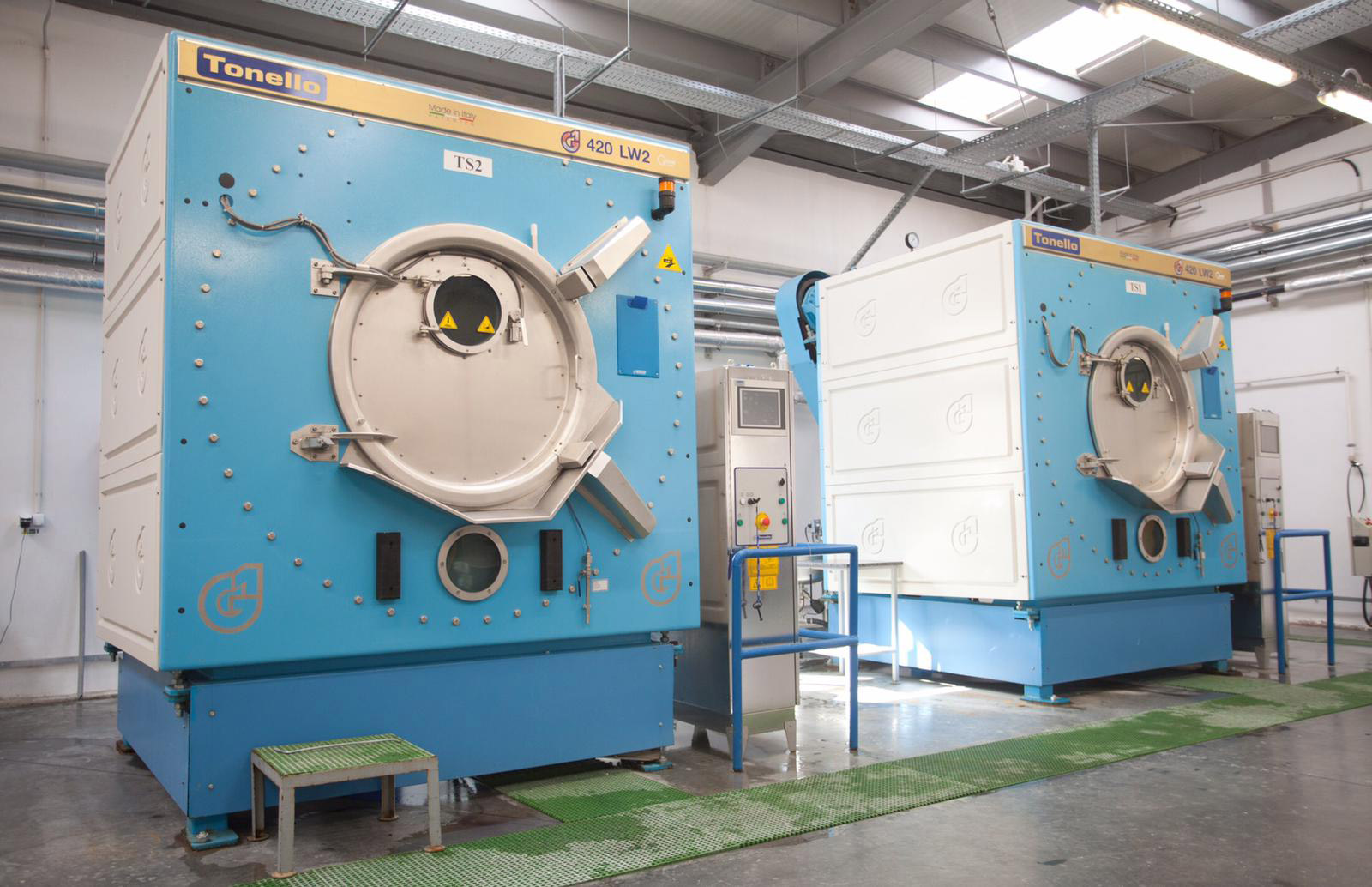DYEING
Our team is innovating on a continuous scale and extends its research and development operations season over season.
Direct Dye

An anionic dye which have substantivity for cellulosic fibres, normally applied from an aqueous dye bath containing an electrolyte is known as Direct dye.
Reactive Dye

The term reactive signifies that the dyes react rapidly with an inert fiber like cotton and produces co-valent bond formation with an excellent color fastness. So, this dye stuff is called reactive dye.
Pigment Dye

Pigment dyeing is not really "dyeing" in it's truest form because the pigments stick on the fabric with the help of binders. Pigments are insoluble in water. They exist in the form of finely ground molecules, milled for garment dyeing purposes into a paste. When anionic dispersing agents are added, a slightly negative charge is present, thus the foundation for pigment dyeing is born.
When a positively charged cationic pre-treat is added to the fiber, a magnetic bond is formed. The process is complete when a cationic binder is added to "lock" the pigment into place.In pigment dyeing no actual chemical reaction takes place between the dye and the fabric.
Acid Dye

Acid dyes are highly water soluble, and have better light fastness than basic dyes.The textile acid dyes are effective for protein fibers such as silk, wool, nylon, polyamid.
